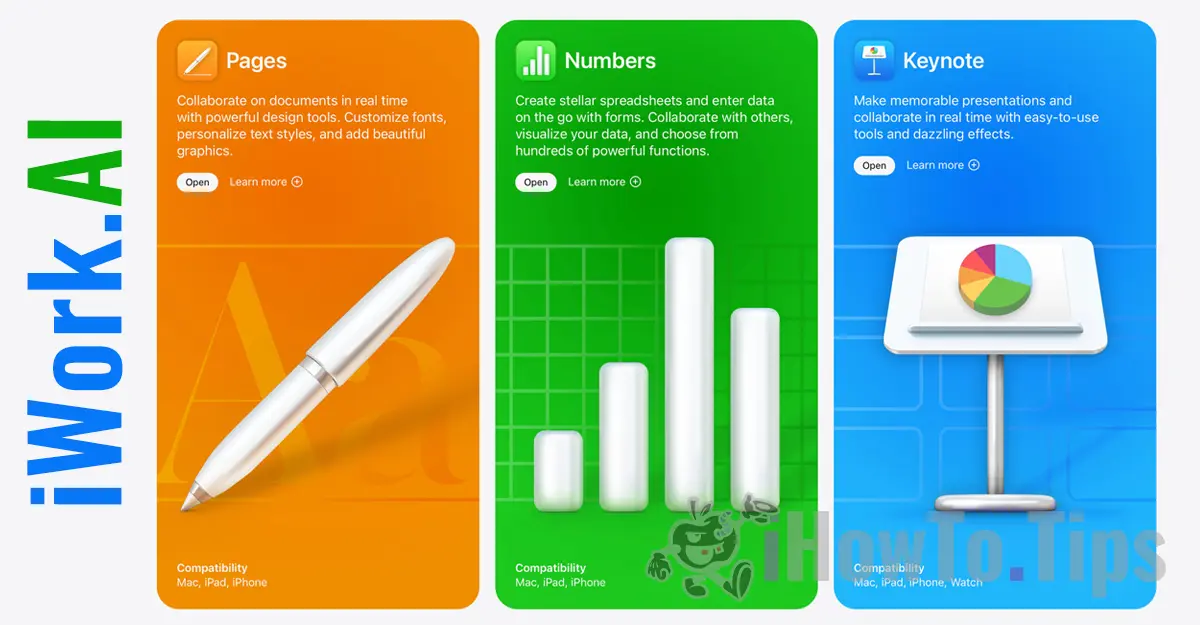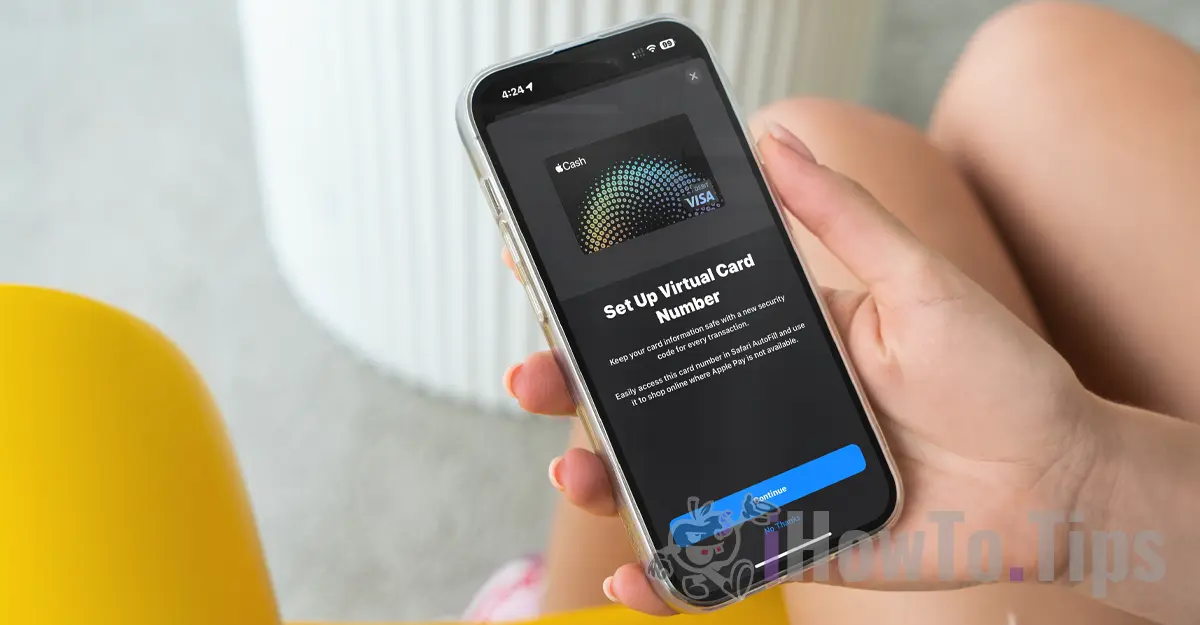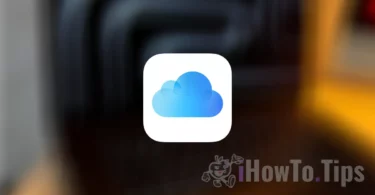Apple is being sued in a class-action lawsuit over the 5GB limit on iCloud and restrictions on iPhone backups. Specifically, the plaintiffs argue that Apple has manipulated the competitive market by restricting the iCloud service for managing device backups and other storage needs.
Apple device users are offered 5GB of free iCloud storage, a limitation that has remained unchanged since its introduction in 2011 by Steve Jobs at WWDC. However, most users find this space insufficient for their storage needs and are forced to purchase additional iCloud storage plans.
The lawsuit highlights that iPhone users have only one option for full device backup, namely Apple's iCloud service. Furthermore, Apple mandates the use of iCloud for certain types of files, thus limiting users' options. For example, users can only back up to iCloud for device settings, applications, and application data. For photos and videos, users can also choose other cloud storage services such as Google Drive, Sync.com, pCloud, and others.
The plaintiffs argue that Apple has created a situation where users are compelled to pay for more iCloud space because alternatives are limited by the company's requirements. Apple is being sued by the law firm Hagens Berman, which represents the lead plaintiff in this lawsuit. This is the same firm that has successfully handled other class-action lawsuits against Apple.
"You have purchased a storage plan iCloud in the last four years? You may have overpaid." – Apple iCloud Antitrust.
Apple has not yet made any public statements regarding this lawsuit. However, this action could draw attention to the pricing policies and business practices of the tech giant regarding its cloud services, especially iCloud.
As the lawsuit progresses, more details and arguments from both sides may emerge, and the outcome of this lawsuit could have a significant impact on how Apple and other major tech companies manage their services and pricing policies.
Related: iOS 17.4 beta 2 with changes for EU users
Apple is also being sued by other companies or individuals for antitrust policies and monopolistic practices. The European Commission has so far forced Apple to make some major changes, both at the device level and in the iOS and iPadOS operating systems. The introduction of the USB-C port for power and data on iPhone devices and the ability to install apps on iOS and iPadOS from outside the App Store are just a few of the changes imposed on the company.











